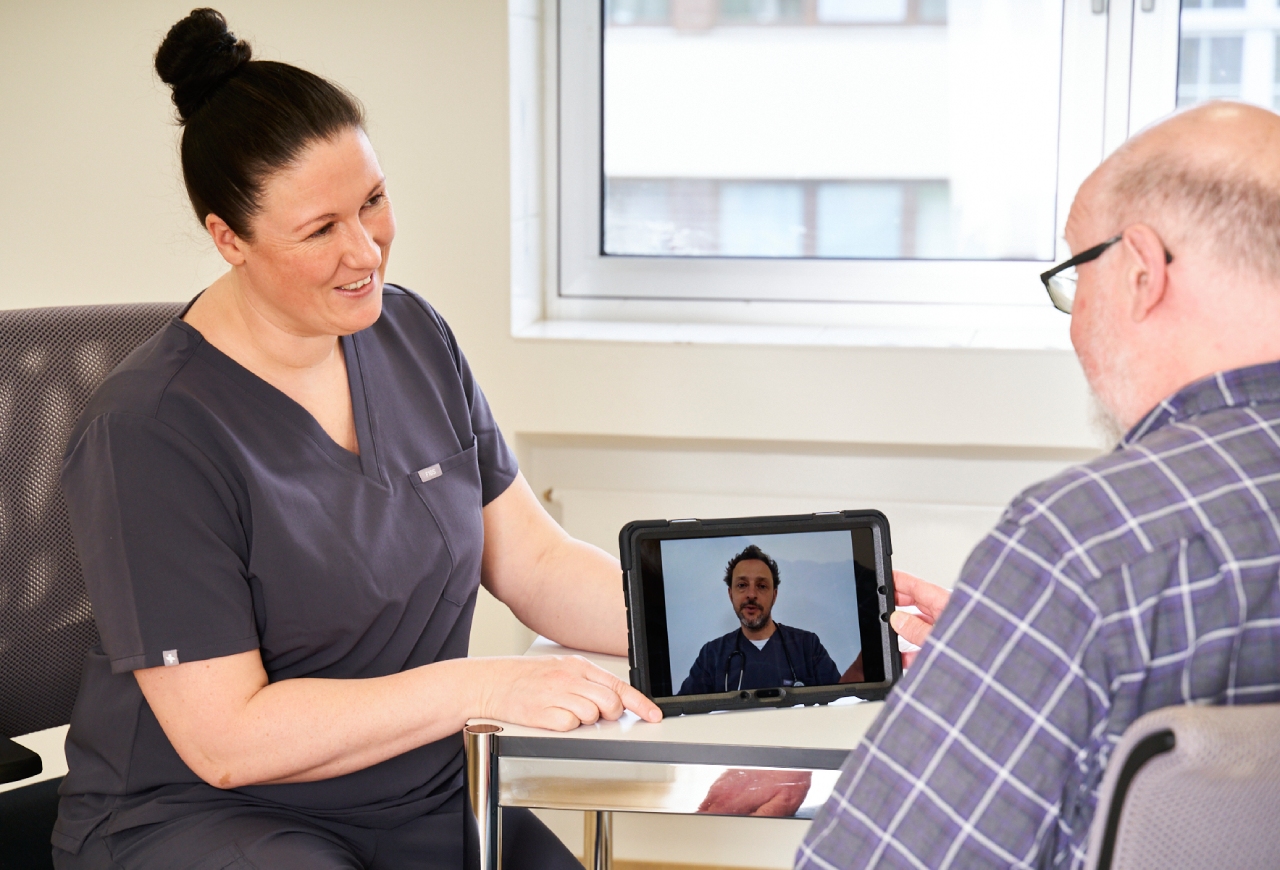New investors in healthcare startup LillianCare’s funding round included German impact investor BONVENTURE and Spanish impact investors Creas.

German healthcare startup LillianCare has completed a funding round for an undisclosed sum with backing from two new impact investors, Germany’s BONVENTURE and Spain’s Creas.
Leading the round was amberra, the corporate venture studio of the German cooperative financial network Genossenschaftliche FinanzGruppe. Other existing investors in the round included Nina Capital, Calm/Storm Ventures and Ship2B, another impact fund, among others.
LillianCare, which was launched in 2023 by healthcare specialists Linus Drop and Daniel Hefel, is focused on addressing the challenge of physician shortages across Germany. With headquarters in Mannheim, the company’s hybrid practice model is based on establishing digitally supported primary care practices across the country, including in rural areas, which combine on-site interdisciplinary teams, including physicians, physician assistants, and medical assistants, with integrated digital services such as telemedicine, a LillianCare app, and structured pre-assessment.
Speaking to Impact Investor, Lara Viada, managing director at Creas, which invested through the Creas Impacto II fund which itself has raised more than €50m to date, said her team were attracted to the company by what she described as its “clear impact potential”, including its ability to drive systemic change in response to physician shortages, which she said was a widespread problem across Europe.
“LillianCare is redefining how primary care can reach rural communities. Through its hybrid practice model, the company brings modern, locally accessible medical care to underserved regions,” she said.
Viada also highlighted the company’s “fast progress in a short timeframe” and the strength of its team, who she said had a wide experience in healthcare innovation, as key attributes.
Physician shortages
According to a study by the Robert Bosch Foundation, by 2035 Germany will face a shortage of 11,000 general practitioners (GPs), with rural areas being the most affected.
“Germany’s access to primary care is reaching a critical tipping point. More than 5,000 GP practices are already unfilled, and over one third of all practicing physicians are older than 60. By 2035, up to 11,000 family doctor practices could remain vacant, leaving as many as 16.5 million patients without guaranteed access to basic medical care,” said Viada, adding that in rural areas, this shortage already translates into 15 to 20 percent higher rates of chronic disease, longer periods of sick leave, and up to 40 percent more emergency room visits because no local GP is available.
LillianCare’s model aims to directly address this crisis by ensuring that patients in underserved regions can rely on continuous, high-quality care close to home.
Viada said that as well as making access easier and reducing wait times for patients, the company’s hybrid model also offers doctors access to a more flexible work model and the ability to work remotely.
“This model not only gives patients faster, more reliable access to high-quality primary care close to home, it also transforms the way doctors work. Physicians can live in urban centres while contributing to rural healthcare through a flexible mix of in-person consultations and remote clinical supervision,” she said.
To date, five hybrid practices have been opened in the Rhineland-Palatinate and Lowe Saxony regions, which have been identified as having an above-average share of GPs nearing retirement.
Expansion plans
Viada said LillianCare’s model aims to restore trust and proximity in a system in which, she says, both have been eroding, as well as provide a realistic and scalable answer to one of Europe’s most pressing medical challenges.
According to a 2024 report published by the OECD and the European Commission, over one‑third of doctors and a quarter of nurses in the EU are aged over 55 and expected to retire in the coming years.
“Overall, the shortage of primary care physicians is one of the biggest structural challenges facing European healthcare systems, which explains the growing interest in hybrid or digital care models like LillianCare,” said Viada.
The company aims to establish 400 additional practices using its hybrid model by 2030 and the newly raised capital will be used towards this growth.
“Having proven its success across Germany, the model has the potential to reshape outpatient care across Europe and beyond,” she added.
The company says it also plans to scale its model through licensing partnerships in which doctors who manage their own practices can leverage its infrastructure.
“Through this partnership, doctors can use LillianCare’s digital infrastructure, operational support, and brand platform to deliver modern, team-based primary care from day one. The approach expands access to high-quality medical care in underserved regions while allowing doctors to retain their independence,” Viada explained.






